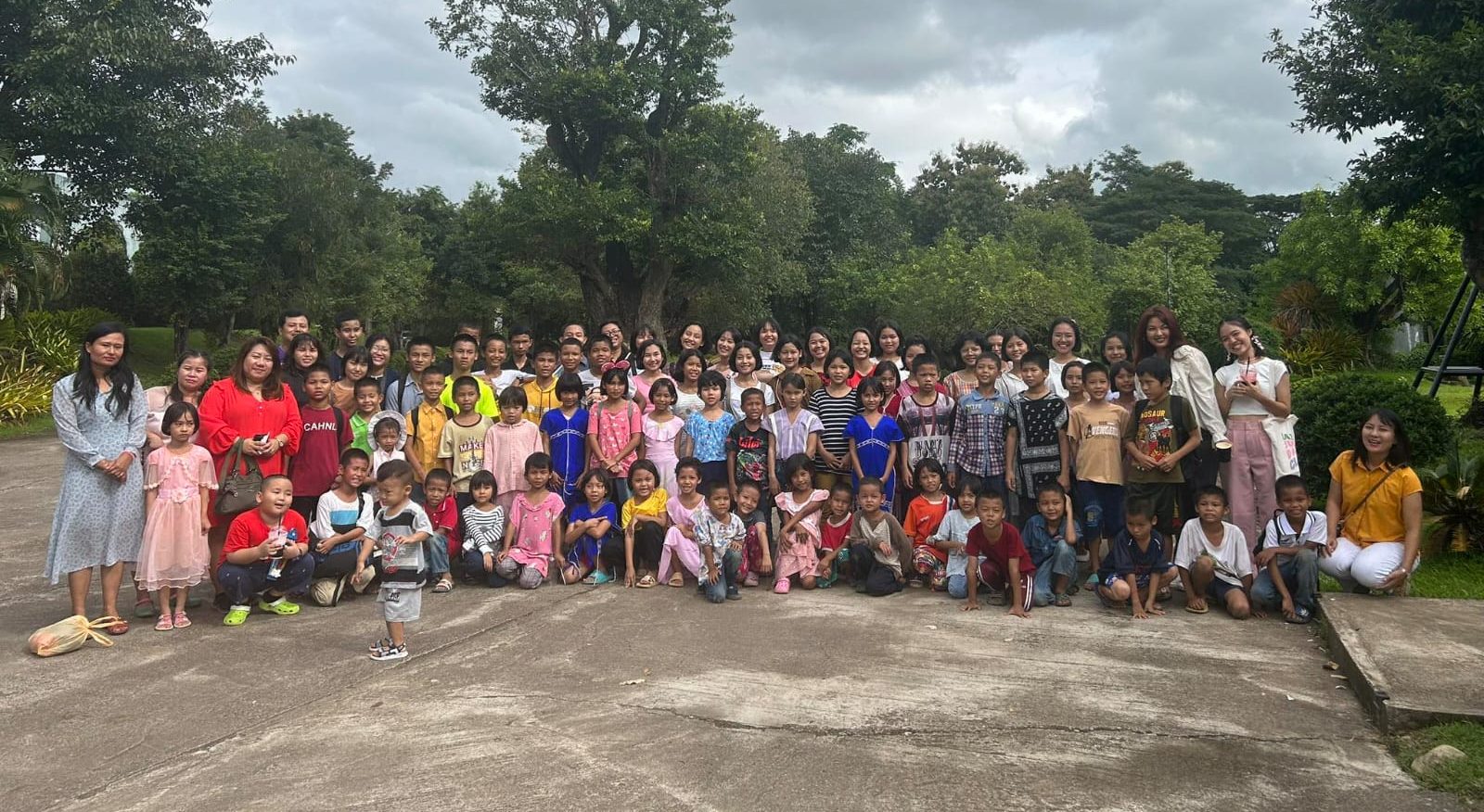Don’t worry, be happy? Not always so in marriage
Focus on the Family Singapore // November 21, 2019, 6:00 am

White lace and promises in the beginning don't protect a marriage from hurts in the long term. Photo by Kelly Sikkema on Unsplash.
Imagine this: Wife is excited to plan a family holiday over the next school break and is trying to convince Husband to get on board. He throws cold water on the idea immediately, saying it’s too soon since their last major holiday, and that he’s expecting a tonne of work during that time.
Wife is upset he isn’t listening and prioritising her needs, and turns hostile. She thinks he’s being selfish, while he thinks she’s unreasonable and throwing a fit over nothing.
Disagreements and conflicts are part and parcel of married life.
When everyday issues like this become a tug-of-war over who’s right and who’s wrong, even the smallest of disagreements can become a major battle.
Ask any married couple and you’ll hear that disagreements and conflicts are part and parcel of married life. We bring emotional baggage from our childhoods and past into our marriage to varying degrees, which complicates our relationship.
Larry Lai, Counsellor at Focus on the Family Singapore, draws important lessons from his seven years of experience in counselling married couples and shares tips for weathering the storms in marriage.
Lesson 1: Deal with small problems before they become much bigger
Couples commonly leave problems unaddressed until their marriage is in dire straits. By the time they seek counselling, a lot of work needs to go into reversing the damage and working through the layers of hurt.
If some problems were addressed earlier, there would be less damage and the chances of reviving the marriage, greater.
Lai likens this scenario to someone who ignores his health for ages, only seeking medical treatment when the physical conditions are too glaring to overlook. It might not be too late to help with the condition, but a lot more effort will be needed to restore health and wellness.
Lesson 2: Learn to forgive, again and again
If there’s one essential habit to work on in your marriage, it is forgiveness. Ruth Bell Graham once said: “A happy marriage is the union of two good forgivers.”
“A happy marriage is the union of two good forgivers.” – Ruth Graham Bell
Just as God repeatedly forgives us and cleanses us from our sins, we too need to practise this act of grace in our marriages.
Forgiveness can be hard to do, but it is crucial for the wounded spouse to release forgiveness to his or her partner. Doing so helps the hurting spouse experience healing personally.
The wrong-doer must also be willing to ask for – and receive – the forgiveness, demonstrating a commitment to change for the better. Going beyond mere talk, this entails taking responsibility for the hurt and actively making amends.
In this way, both spouses can work together to help restore their marriage.
Lesson 3: Be a loving listener and communicator
Communication is another common pitfall. Couples need to constantly work on their communication with each other, instead of assuming that they can do it well.
Listen with a genuine desire to understand, instead of having a conclusion in mind.
Lai shares that he used to struggle with listening to his wife, often interrupting her or responding presumptuously when she spoke to him. This led to a lot of misunderstanding and unhappiness between them.
He learnt to improve his listening skills over time, realising that listening to his wife stemmed from a genuine desire to understand her, instead of entering a conversation with a conclusion in mind.
In Ephesians, husbands are charged to love their wives and to give themselves up for them as Christ gave Himself up for the church (Ephesians 5:25).
Perhaps a part of this is played out when we take the time to truly listen to the hearts of our partners.
Lesson 4: Marriage counselling is a guide
Contrary to popular belief, we do not need red flags to appear before seeking marriage counselling.
It is especially good for couples to undergo marriage counselling at least once a year for the first five to seven years of marriage.
Counselling enables couples to address unresolved issues while they are still manageable.
These are the formative and foundational years of marriage. There are many lessons for young couples transiting from dating to married life to learn, and they should seek to uncover any unvoiced and unmet expectations of each other that have led to disappointment, anger or frustration.
Counselling enables couples to address unresolved issues while they are still manageable, before these escalate into major obstacles in the relationship.
Even if you’ve been married for some time, it is highly recommended to have regular marriage check-ups.
Marriage is a life-long journey, one filled with challenges but also the grace of God to face those challenges with faith.
This article was first written for Focus on the Family, Singapore and has been republished with permission.
We are an independent, non-profit organisation that relies on the generosity of our readers, such as yourself, to continue serving the kingdom. Every dollar donated goes directly back into our editorial coverage.
Would you consider partnering with us in our kingdom work by supporting us financially, either as a one-off donation, or a recurring pledge?
Support Salt&Light




